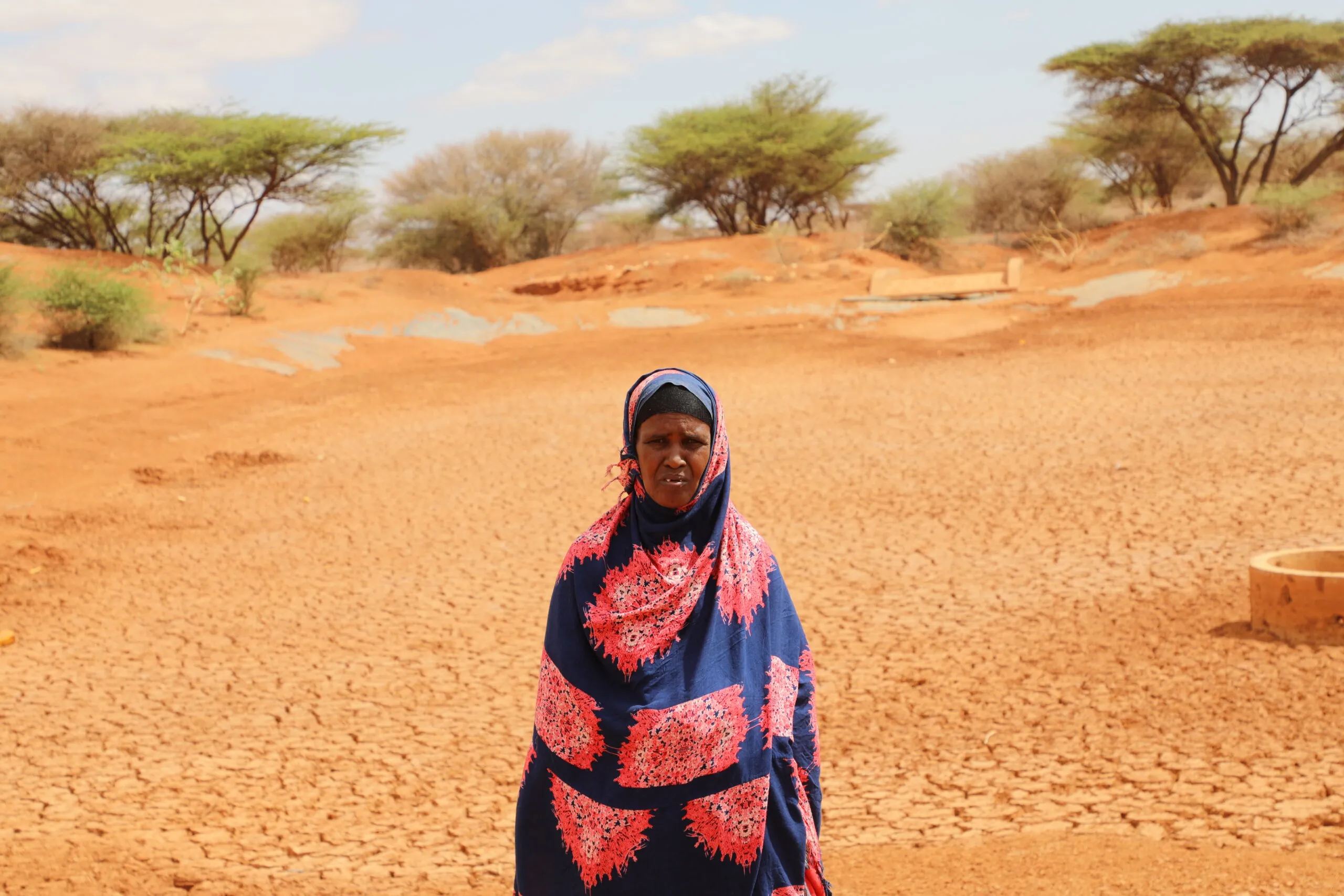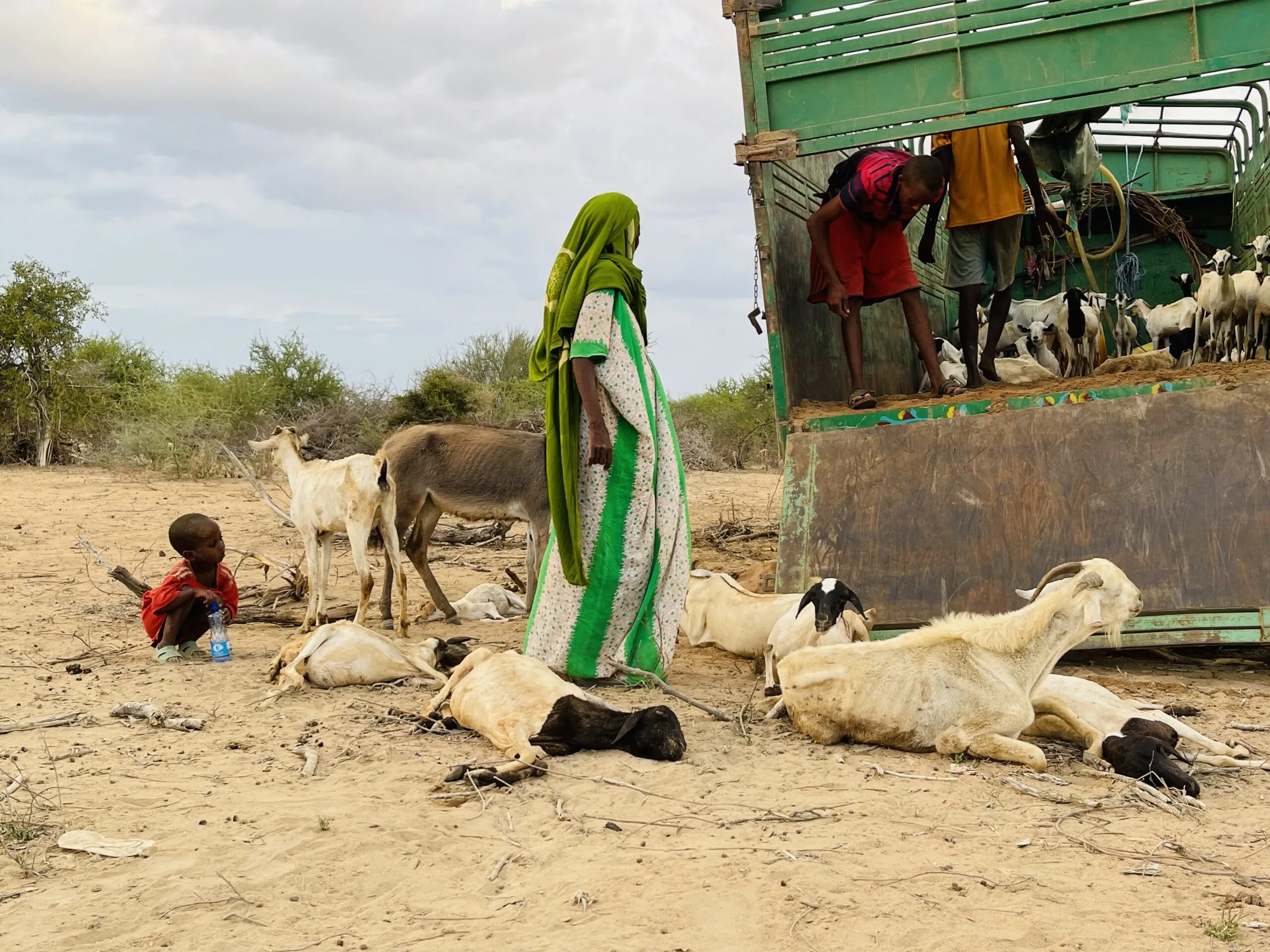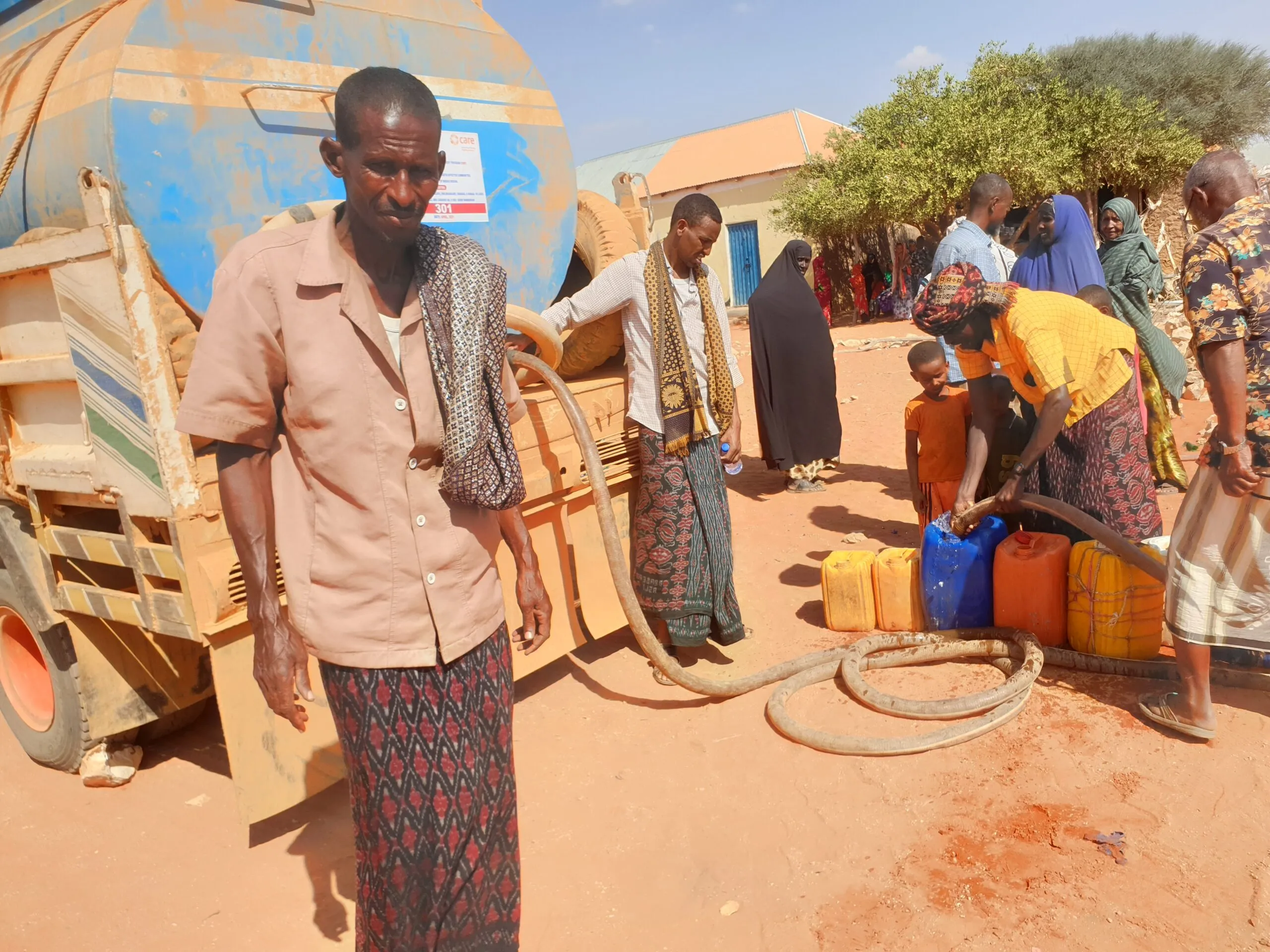What was wrong? What was happening?
Ubah was starving. Her family could not afford to provide food for her, one of the most traumatizing situations any parent could ever go through.
The drought in Somalia has, according to the United Nations, already killed 43,000 people. It has also decimated the livestock of families like Ubah’s, and, since rearing livestock was the only thing Ubah’s parents knew, they couldn’t find any other work, and so they couldn’t feed their child.
But Ubah was lucky. She was at a CARE-supported health facility, and she recovered.
Not everyone here will be so lucky. According to the United Nations, there will be 500,000 more children like Ubah by July.
The situation in Somalia is clearly far from being resolved, and I have to ask why.
Is there something I should do better to help focus the world’s attention on this crisis?
Is it possible that people have gotten tired of saving lives, or fatigued by the idea of preventing another famine?
Is the world really going to sit and watch and wait for the suffering of people to be officially titled a “famine” to take action?



